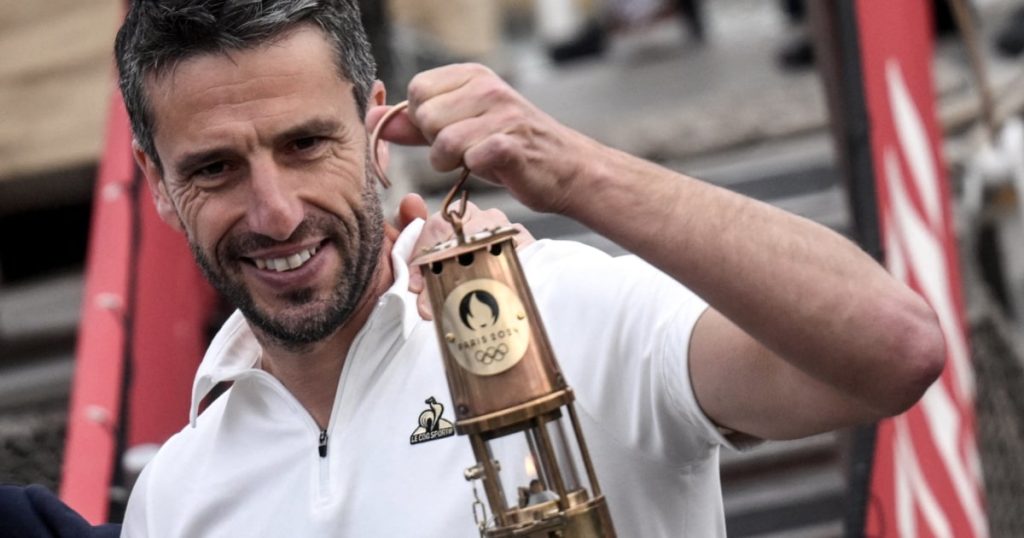The Paris Olympics flame was handed over to French organizers in Athens in the Panathenaic Stadium, where the first modern Games were held in 1896. Greek water polo player Ioannis Fountoulis lit the cauldron with the flame before it was transferred to Paris 2024 chief Tony Estanguet. A moment of suspense ensued as assistants struggled to light the lantern that would carry the flame to France. The flame will depart for France on a 19th-century sailing ship, arriving in Marseille 12 days later.
The flame was ignited on April 16 at Olympia, where the ancient games were held for over 1,000 years from 776 BC to AD 393. It then traveled a 5,000-kilometer route through Greece, including various islands and an overnight stop on the ancient Acropolis. The Olympic flame was housed overnight in the French Embassy in Athens before departing for Marseille on the Belem, a French sailing ship built in the year of the first modern games in Athens. The Belem is expected to arrive in Marseille on May 8, kicking off a relay through France leading to the opening ceremony in Paris on July 26.
The Paris Olympics, scheduled to take place from July 26 to August 11, will see athletes from all over the world competing in various sports. The relay of the Olympic flame symbolizes the history and tradition of the Games, with torchbearers carrying the flame through significant locations in Greece before passing it on to French organizers for the journey to Paris. The flame is not only a representation of the physical fire ignited at Olympia, but also carries the spirit of the Olympics and the values of competition, unity, and sportsmanship.
The Paris Olympics flame relay highlights the connections between ancient and modern Olympic traditions, uniting Greece and France in the spirit of friendly competition. The journey of the flame from Olympia to Paris symbolizes the global reach of the Games, bringing together athletes and spectators from around the world. The relay emphasizes the importance of sport as a means of promoting peace, cooperation, and understanding among nations, transcending cultural and political differences through the shared experience of athletic competition.
The lighting of the cauldron with the Olympic flame in Athens signifies the official start of the Paris Olympics preparations, with the flame serving as a beacon of hope and inspiration for athletes and fans alike. The flame’s journey from Greece to France reflects the historical and cultural significance of the Olympics as a celebration of human achievement and excellence. As the flame travels through various locations and communities, it serves as a reminder of the power of sports to bring people together and create lasting memories of unity and camaraderie. The Paris Olympics are poised to showcase the best of international sport and embody the ideals of friendship, respect, and fair play.


